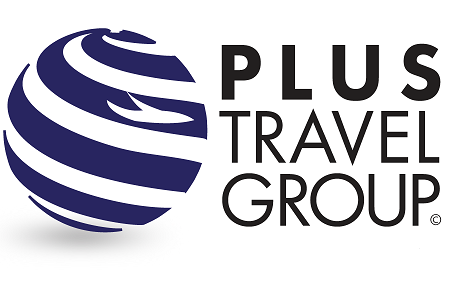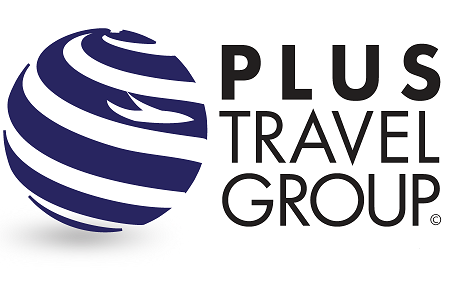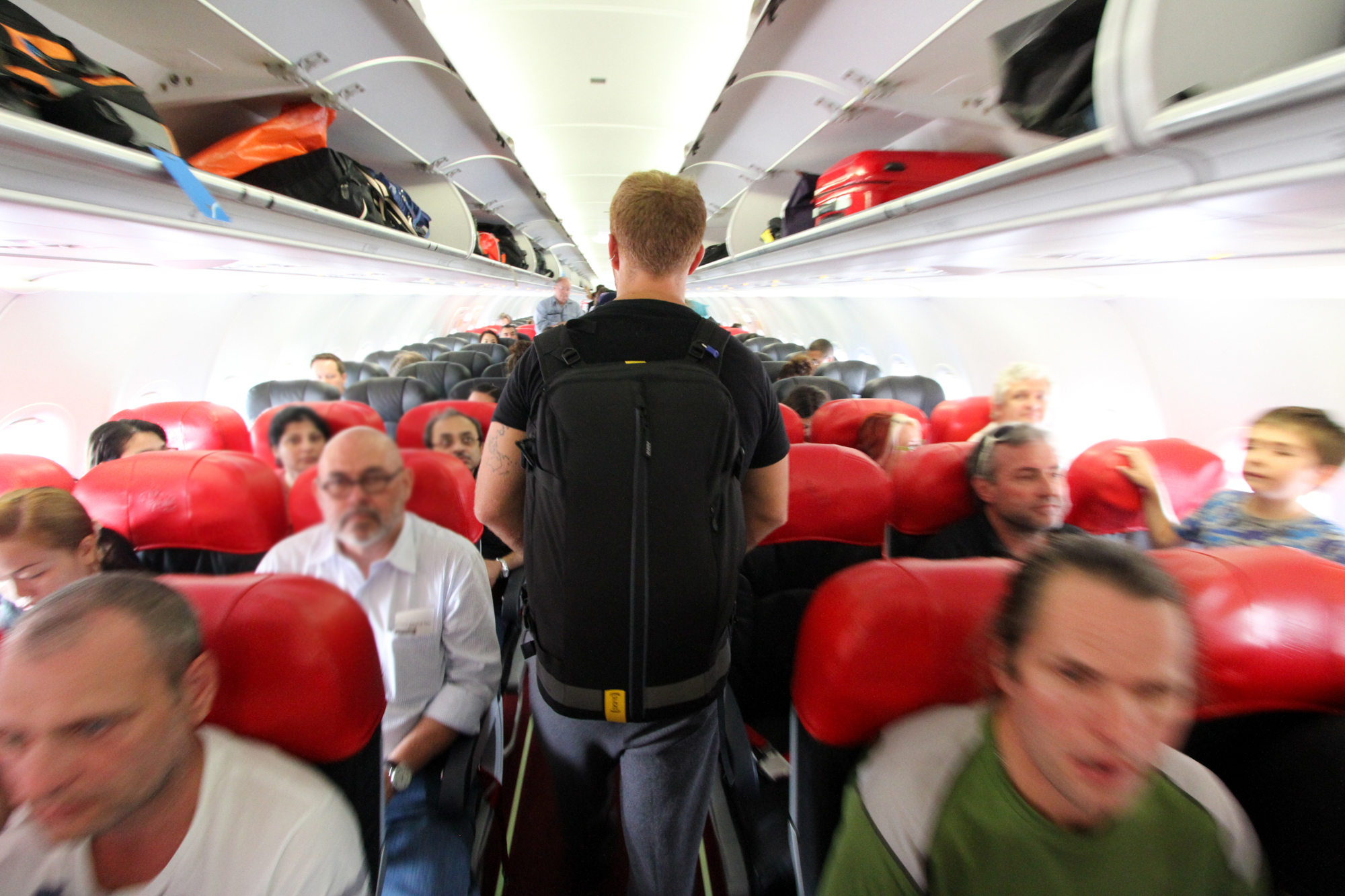Safety Tips for Solo Business Travellers
Business travel alone creates unique challenges. Each trip presents security concerns, from unfamiliar locations to unpredictable situations. Staying alert protects you from risks that may arise at any moment. These safety tips for solo business travellers ensure confidence, security, and focus. A well-managed travel program helps you anticipate issues and respond quickly. Staying proactive reduces stress, keeps you efficient, and strengthens your business presence.
What Are The Best Safety Tips for Solo Business Travellers?
Business travellers are used to travelling since they do it very often. But, even they have to stay safe because you never know when something will happen. Our best safety tips for solo business travellers are to:
- Lay a secure foundation
- Pack smart
- Take cybersecurity precautions
- Ensure safe transportation
- Stay alert in public spaces
- Take hotel safety measures
- Take health and wellness precautions
- Have cultural awareness
- Have emergency preparedness
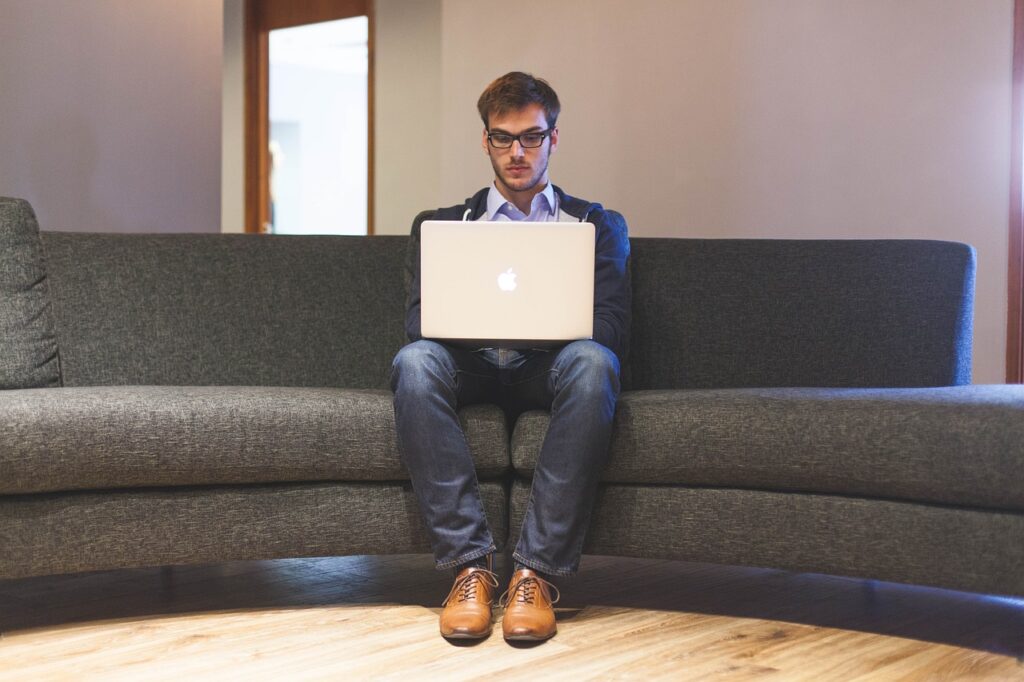
Pre-Trip Planning
A well-planned trip reduces the chance of unexpected problems. Picking the right accommodation is the first step to feeling safe. Look for hotels that offer 24-hour security, room access via key card, and front desk support at all times. Check recent guest reviews to spot potential red flags. Arriving in daylight makes it easier to assess your surroundings and get settled.
Booking transportation ahead of time prevents last-minute stress. Arrange a private airport transfer rather than taking a taxi on arrival. Knowing your driver’s name and company details in advance ensures peace of mind. Have an offline map of your destination in case your phone loses service.
Pack Smart
Bringing the right items protects your belongings and personal safety. A sturdy, theft-resistant bag keeps your valuables secure. Choose one with lockable zippers, RFID-blocking pockets, and cut-proof straps. A discreet money belt or neck pouch prevents pickpocketing in busy areas.
Keeping essentials accessible avoids hassle in urgent situations. Carry copies of your passport, visa, and travel insurance in both digital and physical form. Place a portable door lock and small flashlight in your bag for extra security at night. These essentials also improve your travel experience:
- Power bank: Keeps your phone charged during long meetings.
- Universal adapter: Ensures your devices work in different countries.
- Noise-cancelling headphones: Reduces distractions in busy environments.
- Small first-aid kit: Handles minor injuries or headaches quickly.
Many professionals underestimate the value of efficient packing for business trips. Keeping everything organized helps you move through security checkpoints faster and reduces unnecessary stops.
Hotel Safety Measures
A hotel room offers a private space, but risks still exist. Locking the door remains essential. A portable door jammer adds another layer of security. Choosing a room away from stairwells and elevators reduces unwanted foot traffic.
If travelling for work, get familiar with your company’s policies regarding personal safety and loss of belongings during travels. The policies may vary depending on your line of work. For example, many industries require solo business travel, but safety measures for supply chain employees involve additional precautions. These professionals often visit high-traffic areas like ports, warehouses, and logistics hubs. Hotels near these locations may attract a mix of travellers, making security awareness even more critical.
Room service and housekeeping staff knock daily. Checking their identity before opening the door helps prevent security breaches. A quick call to the front desk or a glance through the peephole confirms legitimacy.
Leaving a hotel room requires planning. Keeping valuables out of sight deters theft. A hotel safe secures passports and electronics. If no safe is available, hiding essentials in unexpected places reduces risk. Many companies with frequent logistics travel include accommodation guidelines in their security protocols.
Safe Transportation
Moving through a new city requires smart decisions. Unregulated taxis put you at risk of scams or worse. Instead, opt for trusted ride-hailing services with driver verification and GPS tracking. Always confirm the driver’s name, license plate, and route before entering the car.
Walking alone at night increases risks, especially in unfamiliar areas. Stick to well-lit streets with steady foot traffic. Avoid distractions like texting while walking. Keep one hand free to react to unexpected situations.
Sharing your location with a trusted contact ensures someone knows your whereabouts. Before getting into a car, text the license plate and driver’s details to a colleague or family member. If something feels off, trust your instincts and leave immediately.
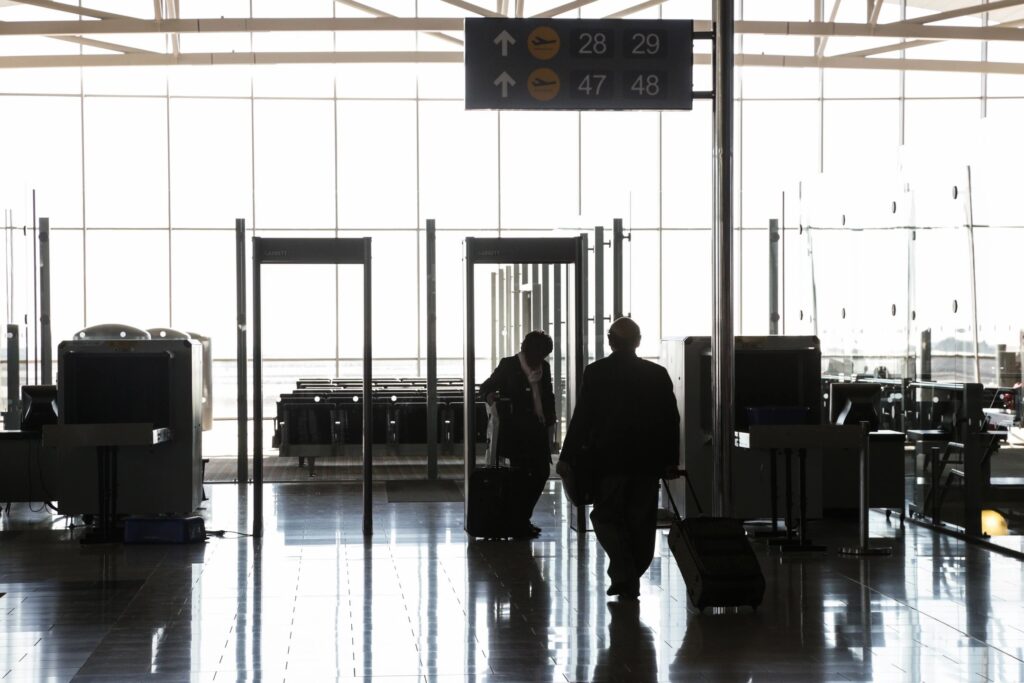
Stay Alert in Public Spaces
Crowded places create distractions. Keeping awareness high prevents common risks. Criminals target professionals in airports, cafes, and hotels. Avoid placing your bag on the floor or hanging it on a chair. A crossbody bag with secure zippers reduces the chance of theft.
Avoid broadcasting travel plans online. Public social media posts expose locations to strangers. If updates matter, share them privately with trusted colleagues. A public check-in at a hotel may seem harmless, but someone could track your movements.
Unexpected situations happen. Knowing how to exit fast makes a difference. Scan the area for emergency exits upon arrival. Keep a low profile to avoid unwanted attention. Confidence without arrogance creates a secure presence.
Health and Wellness Precautions
Long trips impact health. Proper rest, hydration, and nutrition keep energy levels steady. A reusable filtered water bottle ensures clean drinking water anywhere.
New environments expose travellers to unfamiliar food. Choosing well-cooked meals reduces the chance of stomach issues. A small first-aid kit with basic medication helps in emergencies.
Fatigue weakens focus. Regular breaks prevent exhaustion. A short walk or stretching routine restores mental clarity. Many professionals overlook ways to avoid burnout during frequent trips. Prioritizing rest supports long-term productivity.
Cybersecurity Precautions
Online safety matters as much as physical safety. Public Wi-Fi in hotels, airports, and coffee shops exposes sensitive information to cyber threats. A Virtual Private Network (VPN) encrypts your connection, keeping business emails and financial details safe.
Strong passwords protect your devices from unauthorized access. Set up two-factor authentication on all work accounts for extra security. If your phone or laptop gets lost, remote-wipe capabilities prevent data leaks.
Avoid leaving your laptop unattended in public spaces. Use a laptop lock when working outside your hotel room. These simple habits safeguard your company’s confidential information.
Cultural Awareness
Understanding local customs prevents miscommunication. Different cultures have unique expectations for dress, greetings, and behavior. A quick study of etiquette avoids awkward encounters.
Simple efforts show respect. Learning key phrases in the local language helps during emergencies. Even basic words signal effort and create goodwill.
Public behaviour matters. Loud phone calls in quiet spaces or gestures that seem normal in one country may offend in another. Blending in enhances security. Overconfidence in an unfamiliar setting leads to mistakes.
Emergency Preparedness
Unexpected challenges arise. Having a clear plan for emergencies ensures quick action. Keeping a list of local emergency contacts, including police, hospitals, and embassies, proves valuable.
Digital and physical copies of identification documents remain essential. If a wallet or phone gets lost, easy access to backup information reduces stress.
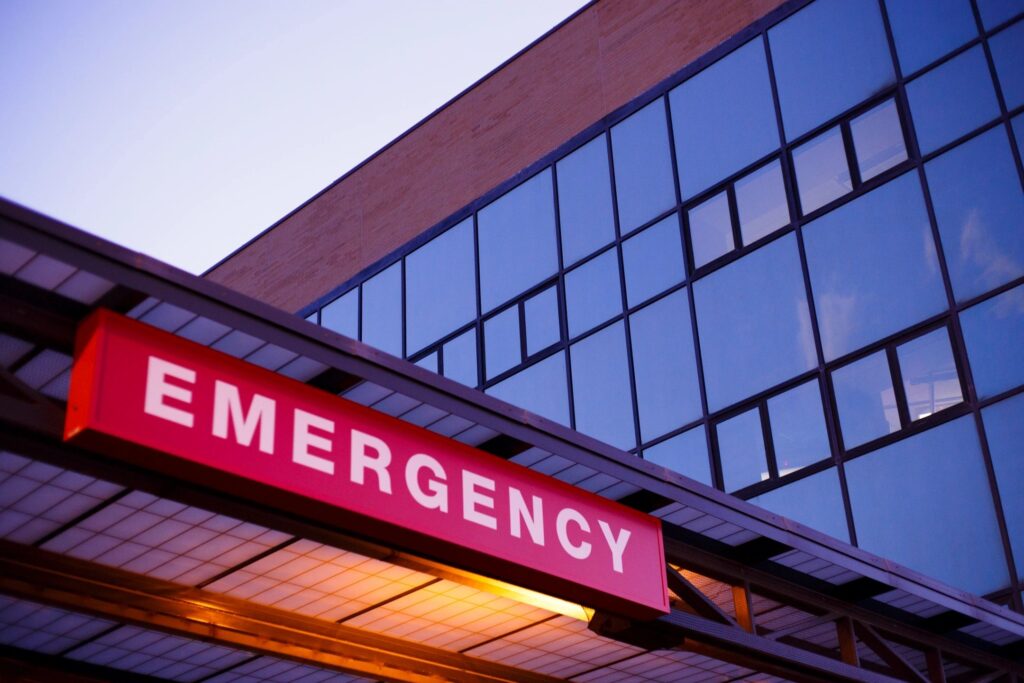
Employ These Safety Tips for Solo Business Travellers
Staying proactive keeps solo business travellers safe. A combination of awareness, preparation, and smart choices ensures confidence. Small habits like locking hotel doors and staying alert in public create security. Taking charge of safety reduces stress and increases focus. These safety tips for solo business travellers support professionals in unfamiliar environments. Each trip presents new challenges, but with the right mindset, security remains strong.
